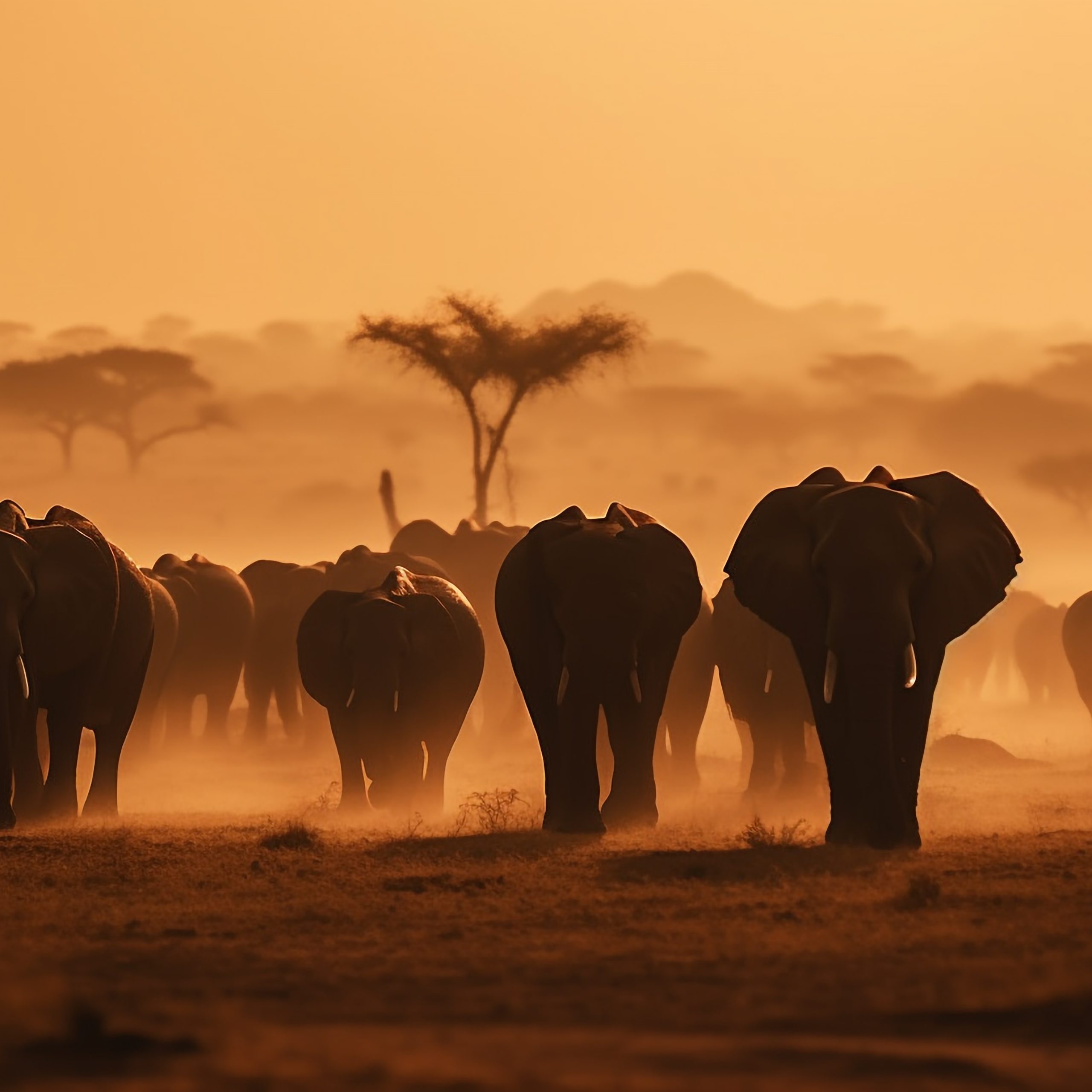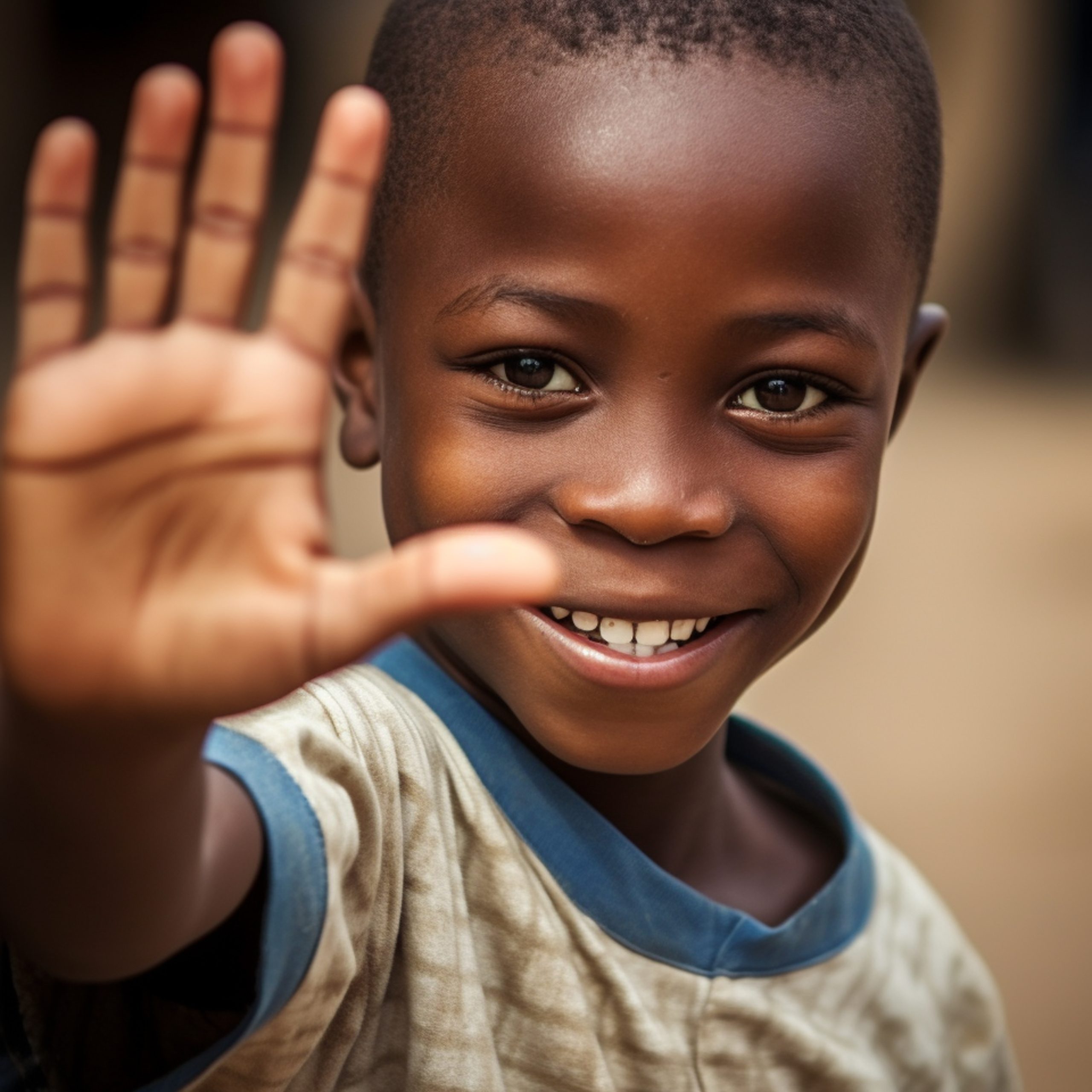En souvenir de Laurent-Désiré Kabila : honorer l’héritage du héros national
Alors que la République démocratique du Congo commémore la Journée des héros le 17 janvier, il est opportun d’honorer la mémoire de l’une de ses figures les plus significatives, Laurent-Désiré Kabila, révolutionnaire et homme politique congolais, qui a été le troisième président de la RDC de 1997 à 2001. Figure synonyme de la lutte pour la libération, l’impact de Kabila sur la trajectoire de la nation est à la fois profond et multiforme.
Dans la grande tapisserie de l’histoire congolaise, peu de liens sont aussi audacieux que celui tissé par Laurent-Désiré Kabila. Né en 1939 à Jadotville, aujourd’hui appelée Likasi, le parcours de Kabila a été façonné par l’esprit d’indépendance qui a défini sa génération. Son ascension à la présidence en mai 1997 a marqué plus qu’un simple changement de leadership ; elle a représenté un changement sismique dans le récit congolais, une répudiation provocante du règne de Mobutu Sese Seko, qui a duré des décennies.
La mission de Kabila était claire : unir les Congolais et restaurer la fierté et l’autonomie qui leur avaient longtemps échappé sous les régimes précédents. Animé par les idéaux de Patrice Lumumba, le leadership de Kabila a suscité une vague d’optimisme, insufflant à la nation l’espoir d’un changement. Cette détermination a conduit à la décision audacieuse de renverser le régime de Mobutu pendant la première guerre du Congo, une période qui s’est avérée être un tournant pour la RDC. Cependant, son mandat n’a pas été sans heurts, puisque le pays a plongé dans les complexités de la deuxième guerre du Congo peu de temps après.
Malgré les immenses défis auxquels il a été confronté, notamment les pressions exercées par des alliés internationaux devenus adversaires, l’engagement de M. Kabila en faveur de la souveraineté de sa nation n’a jamais faibli. Son dévouement a préparé le terrain pour les efforts politiques actuels en RDC, en particulier pour résoudre les conflits en cours et l’exploitation douloureuse des ressources du pays. Le récent accord avec la Monusco pour le retrait des troupes étrangères d’ici avril 2024 témoigne de la poursuite de l’autonomie nationale par le gouvernement actuel, une poursuite qui a été notamment façonnée par la vision de Kabila.
Nous devons rester unis. Notre pays est un État Unitaire. – Laurent-Désiré Kabila.
La mort prématurée de Kabila en janvier 2001 a laissé un vide qui a eu des répercussions sur le paysage politique du pays. Son assassinat, entouré d’énigmes, a provoqué l’ascension de son fils, Joseph Kabila, à la présidence. Au milieu de la crise, Joseph Kabila a poursuivi l’héritage de son père, guidant le pays à travers des temps tumultueux, conduisant la RDC à sa première transition pacifique du pouvoir en 2018, lorsque le président Tshisekedi a été inauguré.
Mzee – comme Kabila est populairement connu, ce qui signifie “Le Sage” en swahili – est une source d’inspiration pour de nombreuses personnes en RDC. Si son règne a été critiqué pour ses pratiques autocratiques et son manque de libertés politiques, il a également été l’occasion de raviver l’esprit de résistance des Congolais face à l’asservissement et à l’oppression.
Le débat sur l’héritage de Kabila est aussi complexe que l’homme lui-même. Ses efforts pour libérer le Congo de l’influence extérieure et des dissensions internes ont semé des graines qui influencent encore aujourd’hui la voie de l’autodétermination du Congo. L’histoire de Kabila n’est pas un récit simple – c’est un assemblage d’idéalisme révolutionnaire, de lutte acharnée et de quête perpétuelle de la place légitime du Congo dans le monde.
Alors que la RDC réfléchit à son passé après les élections, elle le fait avec une mémoire collective qui honore les sacrifices de ceux qui, comme Laurent-Désiré Kabila, ont façonné l’essence même de la nation. C’est un jour où l’on se souvient du parcours complexe d’un dirigeant qui croyait en la cause congolaise et qui s’est battu sans relâche pour elle – un dirigeant qui reste un héros pour beaucoup, dont l’histoire est à jamais tissée dans le tissu du Congo.



